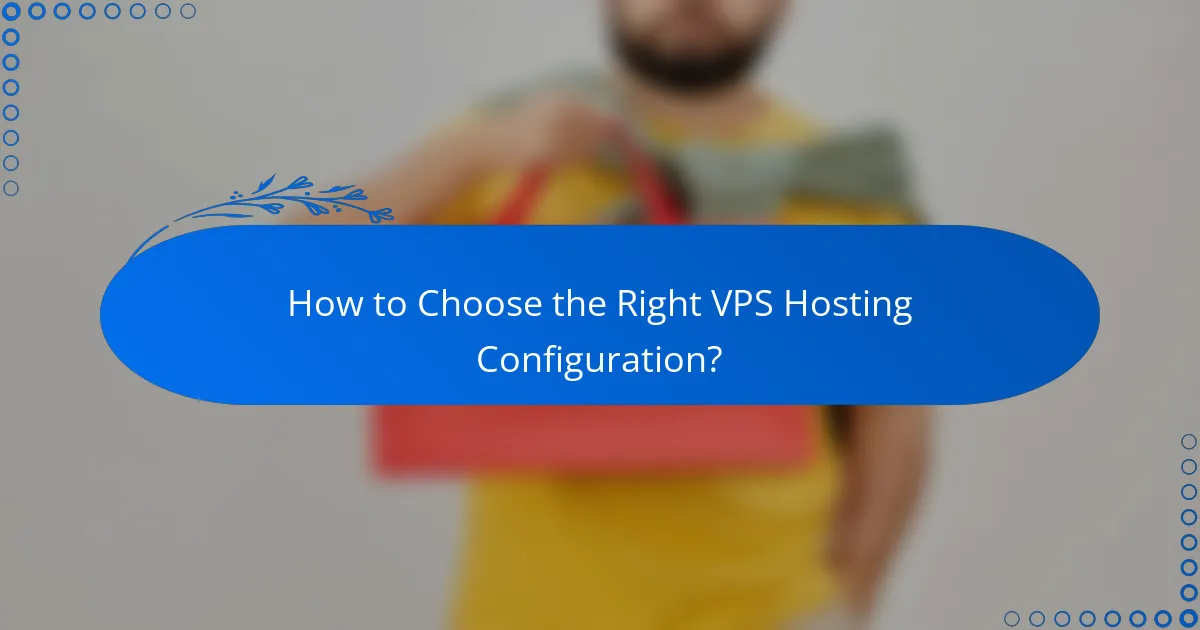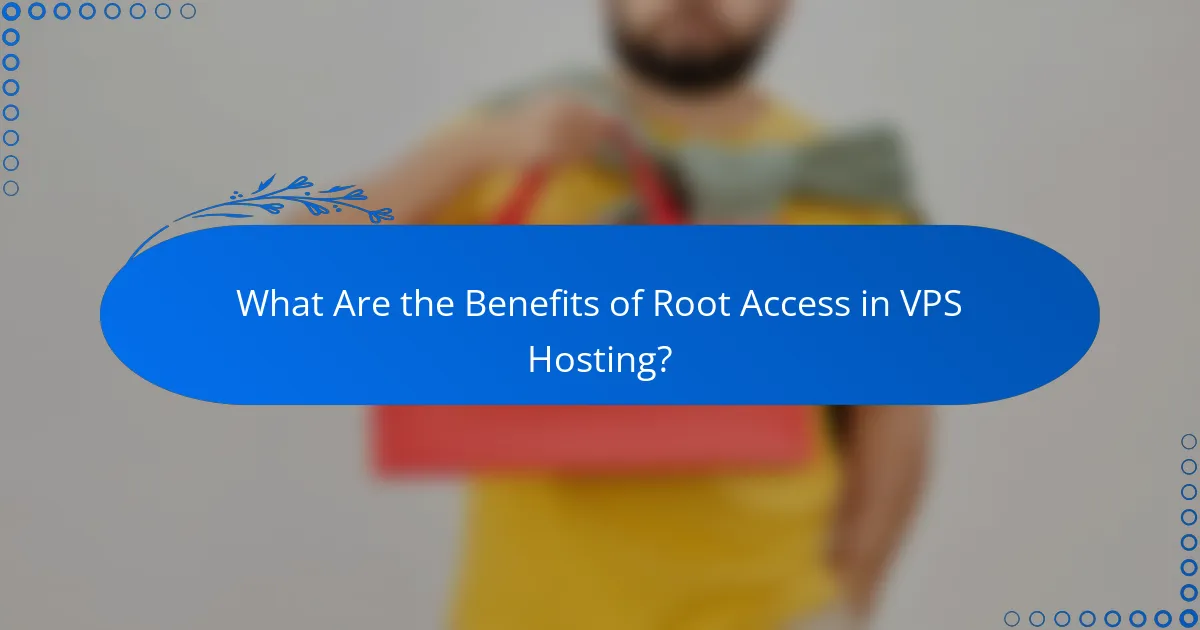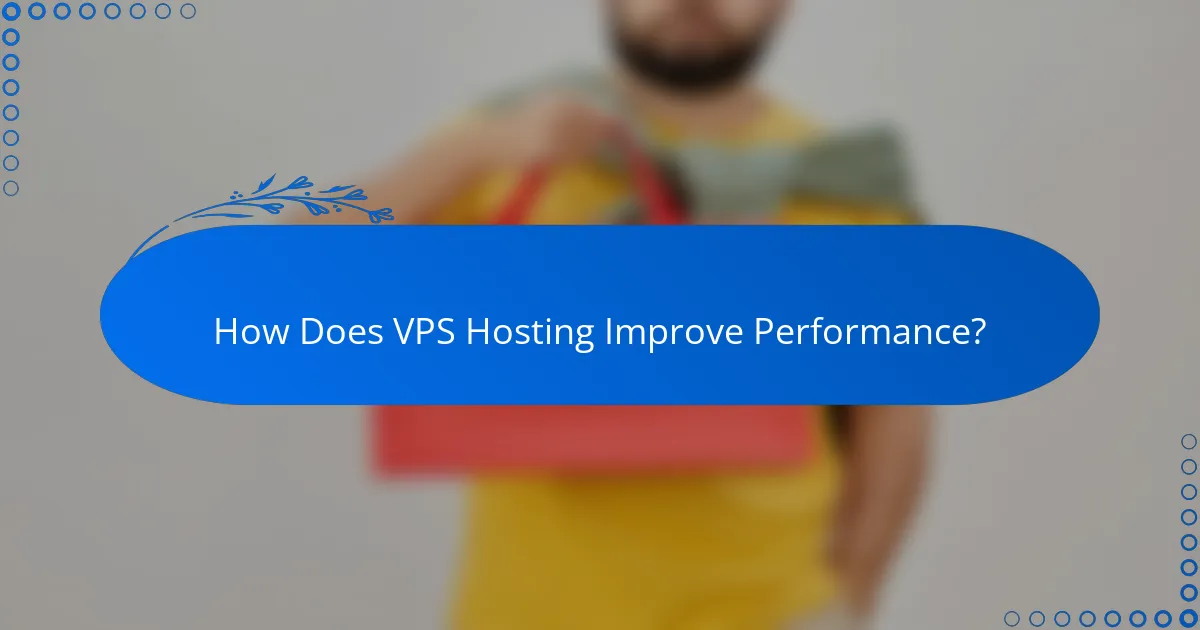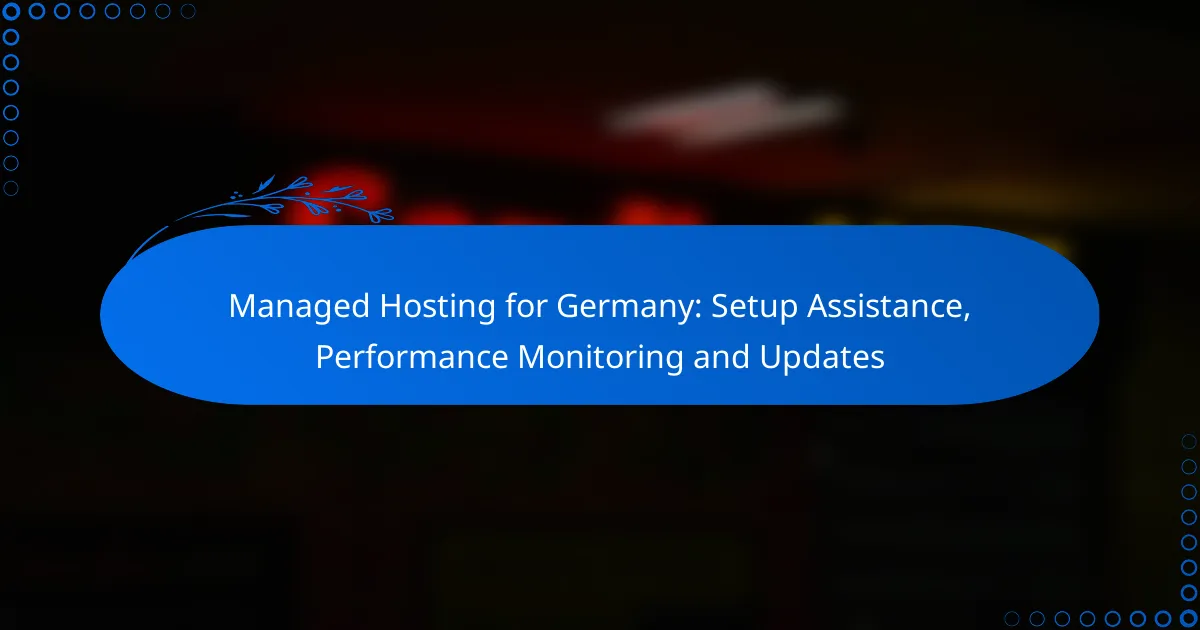VPS hosting in Germany offers businesses high performance, custom configurations, and root access for optimal control. With a variety of reliable providers, users can select tailored setups to enhance website speed and reliability. Pricing models are flexible, accommodating different resource needs and budgets, making it an ideal choice for enterprises and developers alike.

What Are the Best VPS Hosting Providers in Germany?
What Are the Best VPS Hosting Providers in Germany?
Germany offers a wide range of reliable VPS hosting providers, each designed to meet the diverse needs of businesses and developers. These providers excel in performance, customization, and root access, making them ideal for enterprises and tech professionals. Here are some of the top options available in the market.
1&1 IONOS VPS Hosting
1&1 IONOS VPS Hosting
1&1 IONOS is a leading VPS hosting provider in Germany, known for its impressive performance metrics, including uptime rates exceeding 99.9%. Users can customize configurations to allocate server resources—such as CPU and RAM—tailored to specific project needs. Supporting both Linux and Windows servers, it serves a broad range of users, from startups to established enterprises.
Host Europe VPS Hosting
The intuitive control panel streamlines VPS management, allowing users to scale resources and manage backups with ease. Full root access gives advanced users the freedom to configure their environments precisely. With strategically located data centers in Germany, 1&1 IONOS ensures low latency and high-speed connectivity, making it a preferred choice for businesses looking to strengthen their online presence in the region.
OVHcloud VPS Hosting
Host Europe VPS Hosting
Host Europe is another top VPS hosting provider in Germany, offering high-performance solutions tailored for various applications. Their VPS plans feature flexible resources, enabling users to adjust CPU, RAM, and storage as their needs evolve, which is essential for growing businesses.
DigitalOcean VPS Hosting
With full root access, users maintain complete control over their server environments, ideal for developers needing specific software installations or configurations. The platform’s user-friendly interface simplifies management tasks, making it accessible for all skill levels. Prioritizing security, Host Europe includes features like DDoS protection and regular backups, ensuring data remains secure and accessible. Their strategically positioned data centers enhance performance across Germany.
Vultr VPS Hosting
OVHcloud VPS Hosting
OVHcloud is a global VPS hosting provider with a strong presence in Germany, known for competitive pricing and high-performance servers. Their VPS solutions are built for scalability, allowing users to upgrade resources seamlessly as their needs grow, making it especially beneficial for startups and rapidly expanding businesses.

How to Choose the Right VPS Hosting Configuration?
Choosing the right VPS hosting configuration is essential for optimizing performance and managing resources effectively. A well-selected setup can boost your website’s speed by up to 300% and enhance reliability, both crucial for user engagement. Assess your specific needs, such as traffic volume—measured in monthly visitors—and application requirements, including database size and software dependencies, when selecting a configuration.
Customizable CPU and RAM Options
Begin by evaluating the applications you intend to run. Resource-intensive applications typically demand more CPU and RAM, with a baseline recommendation of at least 2 CPU cores and 4GB of RAM for moderate workloads. Understanding your workload will empower you to make informed decisions about your VPS configuration, ensuring you have the necessary resources for effective application support.
Storage Type: SSD vs HDD
Consider future growth as well. Choosing a scalable solution enables you to adjust resources as your business expands, with many providers offering plans that allow incremental increases in CPU and RAM. This flexibility can reduce costs and prevent downtime during peak traffic periods, particularly during seasonal sales or marketing campaigns.
Bandwidth and Traffic Limits
Lastly, consult your hosting provider about available configurations. They can share insights based on their experience with similar clients, helping you choose the best option for your needs. This collaboration can lead to a customized solution that aligns with both your current requirements and future aspirations.

What Are the Benefits of Root Access in VPS Hosting?
Root access in VPS hosting grants users complete control over their server environment, allowing for tailored configurations that address specific needs. This level of access can boost overall performance by up to 30%, enabling businesses to optimize their server resources effectively.
With root access, users can manage system resources, install essential applications, and fine-tune server settings for peak performance. This flexibility is vital for businesses requiring unique setups, particularly in sectors like e-commerce, where uptime and speed directly influence revenue.
Moreover, root access allows users to troubleshoot issues more efficiently, implementing changes directly. This capability can cut downtime by as much as 50%, significantly enhancing service reliability and user satisfaction.
Ultimately, root access empowers users to create a hosting environment aligned with their business goals, leading to improved resource utilization and performance, especially in high-demand situations.
Full Control Over Server Environment
Full control over the server environment enables users to configure their VPS according to specific requirements, adjusting CPU, RAM, and storage allocations based on application demands. For instance, a web application facing a traffic surge may need a 40% resource increase during peak hours, easily managed with root access.
This control also allows for the installation of custom operating systems, boosting compatibility and performance. Users can choose from various operating systems, such as Ubuntu or CentOS, ensuring their applications run optimally and securely.
Installation of Custom Software
Root access facilitates the installation of custom software tailored to specific business needs, enabling users to deploy applications that standard hosting packages do not support. For example, developers can install specialized databases like MongoDB or content management systems such as WordPress with unique configurations, providing a competitive edge in service delivery.
Additionally, users can independently update and maintain their software, leading to faster deployment of updates and patches. This autonomy can enhance security by up to 60%, allowing businesses to respond swiftly to emerging threats without depending on third-party support.
Enhanced Security Configurations
With root access, users can implement advanced security configurations to safeguard their data and applications, including setting up firewalls and intrusion detection systems. For example, configuring SSH keys can reduce the risk of unauthorized access by up to 70%, significantly strengthening security protocols.
Moreover, users can regularly update their security measures independently, ensuring compliance with industry standards and effectively mitigating risks. This proactive approach to security is crucial for businesses handling sensitive customer information, particularly in regulated industries.

How Does VPS Hosting Improve Performance?
VPS hosting significantly boosts website performance by offering dedicated resources tailored to individual needs. Unlike shared hosting, where multiple users vie for the same resources, VPS allocates specific amounts of CPU, RAM, and storage—typically between 1 GB to 32 GB of RAM and 1 to 8 CPU cores—to each user. This guarantees that your website runs smoothly, even during peak traffic, with the capacity to handle up to 1,000 simultaneous visitors without any slowdown.
For instance, a website on a VPS can accommodate more simultaneous visitors without lag, which is vital for e-commerce sites or high-traffic blogs that demand consistent performance. Research shows that a 1-second delay in page load time can result in a 7% drop in conversions, highlighting the necessity of a responsive site. The outcome is an enhanced user experience, leading to increased engagement and potentially higher conversion rates.
Moreover, dedicated resources reduce the likelihood of downtime caused by other users’ activities. Studies indicate that 99.9% uptime is achievable with VPS hosting, a reliability crucial for maintaining your brand’s reputation and ensuring customer satisfaction, especially during critical sales periods.
Dedicated Resources for Better Speed
Dedicated resources are a defining feature of VPS hosting, directly influencing speed and performance. Each VPS is assigned its own share of CPU, RAM, and storage, allowing your website to operate faster and more efficiently, often achieving load times under 2 seconds. This is especially advantageous for resource-intensive applications or websites with dynamic content that require swift data processing.
For example, a VPS can support complex databases and applications without lagging, unlike shared hosting environments that may falter under heavy loads. This capability enables businesses to run applications like CRM systems or e-commerce platforms seamlessly, enhancing overall operational efficiency. A fast-loading site can boost user retention by up to 80%, illustrating the vital connection between speed and user satisfaction.
Consequently, faster load times not only enhance user experience but also positively influence SEO rankings. Search engines favor websites that load quickly, with studies revealing that a 0.5-second improvement can lead to a 20% increase in organic traffic, resulting in greater visibility and traffic.
Scalability for Growing Websites
Scalability is a significant advantage of VPS hosting, allowing businesses to adapt to changing needs effortlessly. As your website expands, you can easily upgrade your VPS resources—such as increasing RAM from 4 GB to 16 GB—without any downtime. This flexibility is essential for businesses anticipating growth or seasonal traffic spikes, particularly during events like Black Friday or Cyber Monday.
For instance, an online retailer may need to boost their server capacity during holiday seasons, with traffic potentially surging by 300% on peak shopping days. With VPS hosting, they can swiftly scale up their resources to handle the influx of visitors, ensuring a seamless shopping experience that can lead to higher sales volumes.
This scalability not only supports business growth but also aids in managing costs effectively. You can start with minimal resources and expand as necessary, avoiding the upfront expenses associated with dedicated servers, which can range from $100 to $500 per month, making VPS a more budget-friendly option for startups.
Isolation from Other Users
Isolation is a crucial feature of VPS hosting that enhances security and performance. Unlike shared hosting, where multiple users share the same server environment, VPS creates a virtual barrier between users, ensuring each has dedicated resources. This means that activities on one VPS do not impact others on the same physical server, providing a more stable environment.
For example, if one user faces a traffic surge or a security breach, it won’t affect your website’s performance or security. This isolation is particularly vital for businesses handling sensitive data, such as financial information or personal customer details, with compliance standards like PCI-DSS necessitating stringent security measures.
Furthermore, this level of separation allows for greater customization and control over the server environment. Users can install specific software or configure settings to meet their unique requirements, enhancing both functionality and security. This flexibility is essential for businesses aiming to optimize their server for specific applications, bridging the gap between performance and tailored solutions.

What Are the Pricing Models for VPS Hosting in Germany?
What Are the Pricing Models for VPS Hosting in Germany?
VPS hosting in Germany presents a variety of pricing models tailored to diverse business needs, with costs ranging from €5 to €100 per month based on allocated resources. Options include monthly subscriptions for predictable budgeting and pay-as-you-go plans for flexible resource management.
Monthly Subscription Plans
Monthly subscription plans are the most prevalent, starting around €10 for basic services and exceeding €50 for advanced features. Users pay a fixed monthly fee, typically covering resources like 1 CPU core, 1GB of RAM, and 20GB of SSD storage, allowing businesses to manage expenses without surprises.



